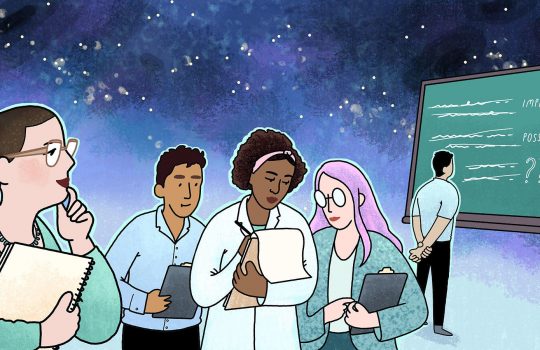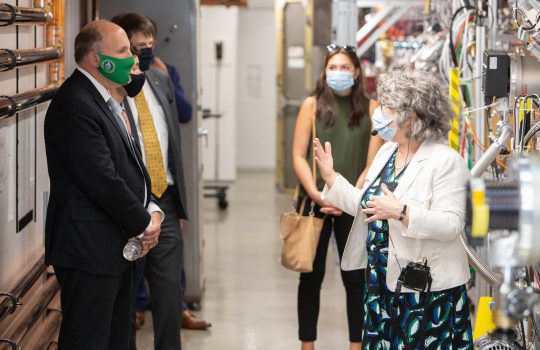Chicago is at the center for a national push for ‘quantum internet’
- Argonne
- Argonne National Laboratory
- Department of Energy
- DOE
- quantum communication
- quantum information science
- quantum internet
- quantum network
- quantum science
- University of Chicago
From Built In Chicago, July 24, 2020: The Department of Energy has unveiled a plan to develop nationwide quantum internet — and Illinois is at the center of it. DOE representatives announced that Fermilab, Argonne National Laboratory and University of Chicago will play a key role in developing quantum internet for all.



